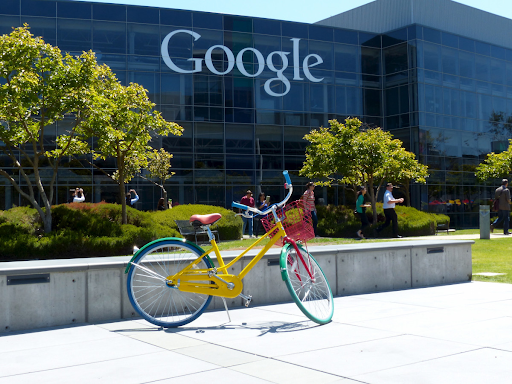The interface between classical control electronics and quantum processors involves carefully crafted electrical pulses that manipulate qubit states. Precise control over these pulses enables the quantum operations necessary for computation.
Classical computers use electrical pulses to represent and transmit bit values. These pulses are robust and easily generated, allowing reliable communication and processing of digital information.
Quantum control requires far more precision, with pulse timing, amplitude, and phase all critical for correct qubit manipulation. Even slight deviations from intended pulses can introduce errors in quantum computations.
The electronics generating control pulses for quantum processors represents sophisticated technology in its own right. These systems must operate with extraordinary precision while interfacing with both room-temperature and cryogenic environments.
Quantum state manipulation through electromagnetic fields enables the gate operations that perform quantum computations. Different pulse sequences implement different quantum gates, the building blocks of quantum algorithms.
Optimizing control pulse sequences to minimize errors while performing computations efficiently is an ongoing research area. Better control techniques can improve quantum computer performance even without hardware changes.

